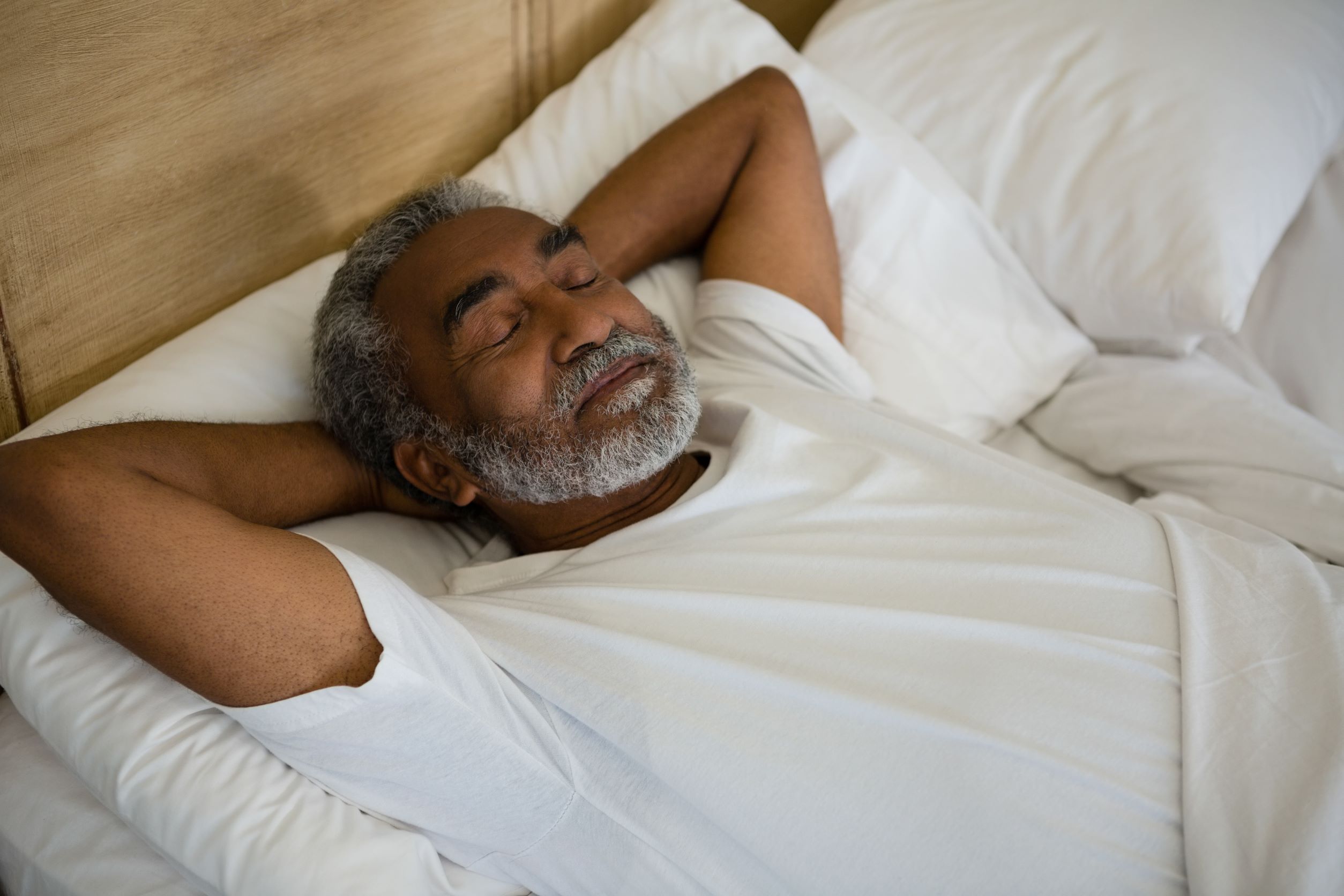As somebody who doesn’t sleep as much as I should, I decided to investigate the long-term impacts of a lack of sleep, and boy was I surprised. I think most of us who don’t sleep much, can relate when I say I can be active for days on end and be full of beans one day and then the slump hits you; and hit you hard. Many studies have shown that insufficient sleep has many long-term health consequences that go far beyond normal irritability and tiredness. It can, paradoxically, make it harder to sleep or eat well, degrades mental acuity, and makes you feel lethargic. These are just the tip of the iceberg, and the long-term impacts can be quite alarming.
In a future article I’ll look at how we can improve our ability to get off to sleep as well as having a deeper one. What do I mean by a lack of sleep? It is not having the full recommended seven to nine hours of high-quality sleep.
During my research for this article, I came across a couple of studies which explained a lot about my (poor) diet. One of the studies, by Bhutani et al., investigated the impact of four-hour night’s sleep on 25 healthy human volunteers. By brain imaging the participants they found that the piriform cortex, part of the brain that processes odours, was translating smells more strongly. The researchers also found that after a period there was a breakdown in communication between this and other areas of the brain that help us decide what to eat; leading to people not only eating more but also eating higher calorie-based foods.
In another study looking at sleep and the impact on eating, researchers at Pennsylvania State University found that after a few days of sleep deprivation the chemicals that signal to the brain that you are full are out of kilter making people feel less full after eating a calorie rich meal.
From the above studies, and many others, here are 5 health impacts:
1.**Drowsiness **
A silent killer. It impairs your cognitive abilities and slows your reactions. Both of which create a toxic mix that greatly increase your risk of having an accident. The DVLA reported “estimates suggest at least four in every 100 men have sleep apnoea. Whilst sleep problems arise more commonly in older people.” The DVLA also suggest “that up to one fifth of accidents on motorways and other monotonous types of roads may be caused by drivers falling asleep at the wheel.” Something else to bear in mind, again from the DVLA is that “changes in body rhythm produce a natural increased tendency to sleep at two parts of the day: midnight to 6am,” which I guess is normal, but the surprise was “2pm to 4pm.” So, a siesta in no bad thing – something I am going to have to remember.
2.**Increasing blood pressure**
The Mayo clinic reported in a blog that “a regular lack of sleep may lead to high blood pressure (hypertension) in both children and adults.” Going on to say, “the less you sleep, the higher your blood pressure may go. People who sleep six hours or less may have steeper increases in blood pressure. If you already have high blood pressure, not sleeping well may make your blood pressure worse.”
Why is this? Researchers studying this phenomenon believe that the hormones that regulate metabolism are held in balance by good regular sleep. So, prolonged inadequate sleep potentially produces a hormone imbalance that could lead to higher blood pressure, which in turn can increase the risk factors associated with heart disease.
3.**Compromised immunity **
Too little sleep weakens your immune system which regulates your body’s ability to fight off viruses such as the flu. Or dare we say it Covid.
4.**Increased risk of diabetes **
Your body’s ability to properly regulate the release of insulin is compromised by a lack of sleep. The USA’s Centre for Disease Control (CDC) has said, “One in three US adults isn’t getting enough sleep, and over time, this can increase the risk for type 2 diabetes, heart disease, obesity, and depression.” Going onto say “If you have diabetes, too little sleep negatively affects every area of your management, including how much you eat, what you choose to eat, how you respond to insulin, and your mental health.”
5.**Lowers your sex drive **
A persistent lack of sleep can also lead to a lower libido and sex drive. Researchers from Chicago University studied the time and quality of men’s sleep time and measured their Testosterone (T) levels on waking. What they found was surprising. Men that had a limited amount of sleep, around 4 hours, had significantly lower T levels than those who had a good, high quality, night’s sleep.
So, it just goes to show that a good night’s sleep is essential, not only for our mental wellbeing but our physical health and needs too. Not to mention our ability to concentrate and give of our best whether that is at work or in our everyday relationships.
